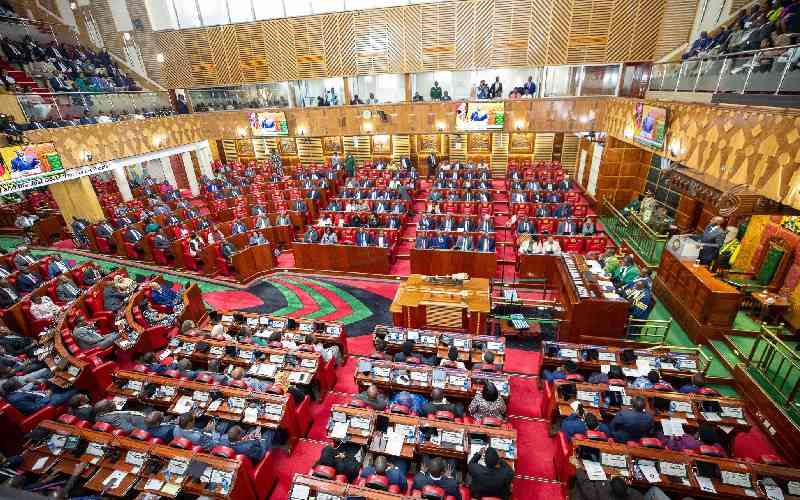
The government is set to establish a new statutory body that will centralise private sector advocacy, potentially repositioning major lobbies in the country as members of a single government-mandated forum.
The powerful business lobbies in the country that could be affected by the development include the Kenya Private Sector Alliance (KEPSA), Kenya Association of Manufacturers (KAM), Kenya National Chamber of Commerce and Industry (KNCCI), and Federation of Kenya Employers (FKE).
Officials say the Business Council of Kenya, proposed in the Public Sector-Private Sector Engagement Bill, 2025, addresses a key government criticism that existing lobbies often present "a divided front, diluting their influence" on policy matters.
The move comes against a backdrop of persistent complaints from manufacturers and traders who have opposed stringent Kenya Kwanza government policies, including a wave of new taxes, arguing they have made the local business environment “uncompetitive.”
Industry leaders have increasingly taken to public statements, press conferences and even the courts to oppose government measures which they say are harmful to investment.
Businesses have long complained about sudden regulatory changes and a lack of consultation on policies affecting key sectors like agriculture, manufacturing, and trade.
But the government has in the past argued that established organisations have distinct, sometimes overlapping mandates that allegedly weaken their collective bargaining power.
KEPSA serves as the apex private sector body aiming to be "the leading voice for private sector growth," while KAM advocates specifically for a "competitive and sustainable manufacturing sector." KNCCI promotes "trade and enterprise" with a wide membership base, and FKE protects employers' interests in "employment and industrial relations."
The government reckons that the new Council will not replace these entities but will become the primary, legally-recognised channel through which their collective demands are funneled to the state.
The Bill mandates the Council to "collect and collate the views of the members on issues affecting the investment climate" and "categorise into cross-cutting and sector specific issues."
This structural change aims to bridge what officials describe as a persistent implementation gap.
"There has been a significant lag between our proposals and government action," a senior lobby official, who asked not to be named, told the Standard. "We submit well-researched documents, but they often lack a clear, accountable path to a decision-maker.